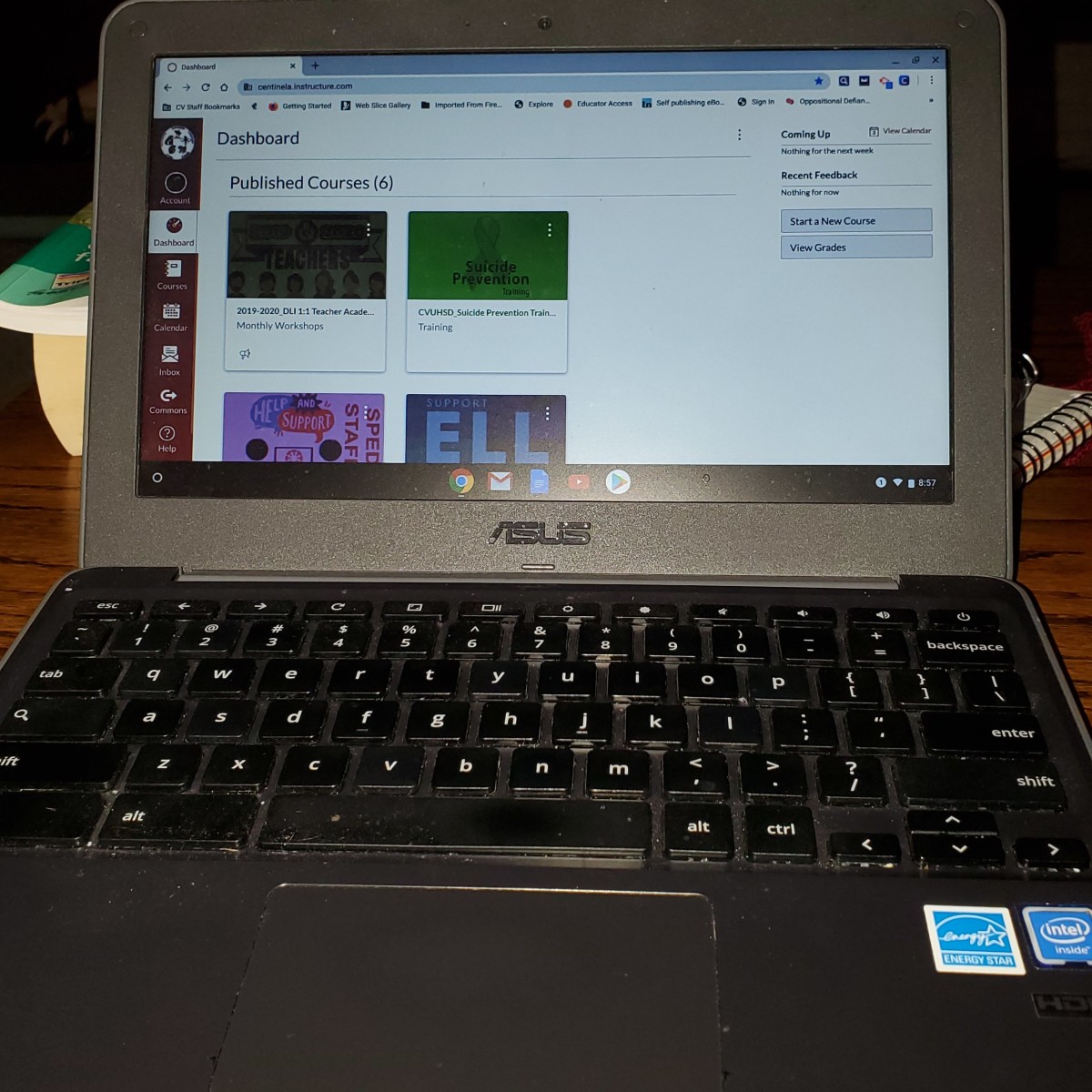Internet is not so bad after all
Internet: Good or Bad?
There have been many speculated negative effects of over using the internet for leisure. Many of these speculations are directed towards young adults in regards to what they are doing on the internet as well as how much they are spending online. These speculations are derived from generations that did not have the luxury of growing up with this recent technological advance. Although there have been some negative consequences that have been publicized, there are sufficient more positive outcomes. It is difficult to distinguish them since this debatable subject needs more time to develop out of its infancy allowing the fruits of its labors to succeed.
Social networking is a large scale debatable topic about internet use. This discussion is simple: Students spending time on the internet socializing should be out in the “real” world having conversations with “real” people. Without human socialization it would be hard for someone to find themselves interacting sociable in public amongst friends. This broad generalization negates the actuality a large percentage of the youth do in fact communicate with each without having to be face to face. Technology is advancing so quickly that many companies do not fret about social skills with their employees. These companies are apprehensive about the bottom lines, and to get to the bottom lines they have to have top of the line workforce. In some cases employers will pass up social deficiencies as long as the prospective employee can perform the job adequately. This is also protected by Equal Opportunity Employment regulation set by the Federal Government.
Some claim that the internet is diminishing the way young adults speak and read. Reading skills of 12th grade students were marked at a 40% proficiency in 1992. On the flipside the same demographic of students 13 years later in 2005 had a 5% decrease in proficiency. (Childstats.gov). Coincidently this marks the era of the internet boom. That is it, a coincidence. There is another coincidence with 1992 is that it was the first year Mtv’s: The Real World debuted, perhaps that is the cause if the decline in the literacy rate. It is promoted towards young adults, and with the show continuing strong maybe, just maybe seniors in high school might not even comprehend warning labels on the alcohol they are illegally consuming. Although coincidences in society will happen, it is hard to dismiss the information that our language is evolving. Our language is now incorporating diminutive versions of phrases like “K” which stands for “OK.” Better yet “IDK” replacing “I Don’t Know.” Wait a tick “Don’t” is a contraction right? I’m sure the elders that created this language were irritated that we started combining words to make it a little more efficient. So what this does this say about our language today that is right, it is changing or a more professional term would be evolving.
Young adults spending time online is not just a large waste of time for them, even though society is dictating that is interfering with some fundamental skills needed. Well these basic skills are evolving as well. Knowledge that these young adult obtain from daily use is beginning to prove useful in their future. Examples of this are the basic ability and understanding of some major websites. Facebook and Myspace are allowing everybody basic understanding of how to use this technology to broadcast themselves as well as create inventive ways of doing it in addition. Ebay is also another site that encourages the use of basic online economics and accounting through virtual auctions. There are a variety of steps alone that need to take place before conducting business through this website. These tools are supplied through these websites to allow appropriate understanding of security and steps that it takes to keep up with the forward movement of technology. Some sales jobs even prefer experience with selling on Ebay.com.
If young adults are spending too much time on the internet; how come Colleges are now more than ever taking advantage of this by offering internet courses? Higher learning has always portrayed itself as a principled way of advancing education. The question comes to mind, is it ethical to offer alternatives that allow students to allocate more time on a computer? It is not about the internet, it is allowing students a convenient way to go to school while having a schedule they need to stick to. This is understandable but why propose these alternatives if it is a conflict of interest? No one wants to acknowledge with offering of these courses online, it will increase enrollments and with enrollments increases cash flow. No one would ever consider that a college not only generates functional adult for the real world, but it also generates revenue. In fact these are being offered because it is the innovative wave of learning. 10 years previously it was revolutionary technology that someone could earn a degree with nominal person to person interaction, but now it is becoming more and more common. Offer it time and online education will become a standard of learning. At Illinois Central College a large portion of classes are based around a program called Black Board. Yet more time in front of a computer even if enrollment of internet courses were not performed. “Designed properly, distance education can be at least as effective and, even in some ways, even more effective than face-to-face courses.”(Murray T.)
This extensively debated subject will be debated for decades to come. “Some surveys have shown negative effects of avid internet users, while the exact same surveys mere 2 years lately yielded completely opposite results.” (Robert K.). Surveys today will demonstrate extremely little when it encompasses a control that is obviously going to be a variable in a diminutive amount of time. Young adults submersing their selves into the internet is not as appalling as it sounds. Use of indispensable functions from everyday browsing and online communication will prove supportive when it comes to advanced learning as well as careers. Do not be fooled, the planet is always evolving, no matter where you reside. Technology has become a colossal ingredient of society, from keeping in contact with friends to selling your share of a company to a third party on the other side of the world. Darwin promoted his theory of survival of the fittest; this theory is still in play when it comes to technology.

Bibliography
"Childstats.gov - America's Children in Brief: Key National Indicators of Well-Being, 2008 - Education."Childstats.gov - Home. 09 Feb. 2009 <http://www.childstats.gov/americaschildren/edu.asp>.
Howard, Caroline, Karen Schenk, and Richard Discenza. Distance Learning and University Effectiveness : Changing Education Paradigms for Online Learning. New York: Idea Group, 2003.
Katz, James E., and Ronald E. Rice. Social Consequences of Internet Use : Access, Involvement, and Interaction. New York: MIT P, 2002.
Kraut, Robert, Malcom Brynin, and Sara Kiesler, eds. Computers, Phones, and the Internet : Domesticating Information Technology. Oxford UP Incorporated, 2006.
Lewin, Tamar. "Teenagers'Internet Socializing Not a Bad Thing." New York Times 18 Nov. 2008: 20-22. Academic Search Premier. Web. 30 Jan. 2009
Mesch, Gustavo, and Ilan Talmud. "The Quality of Online and Offline Relationships: The Role of Multiplexity and Duration of Social Relationships." Information Society July & Aug. 2006: 137-48. Academic Search Premier. Web. 30 Jan. 2009






